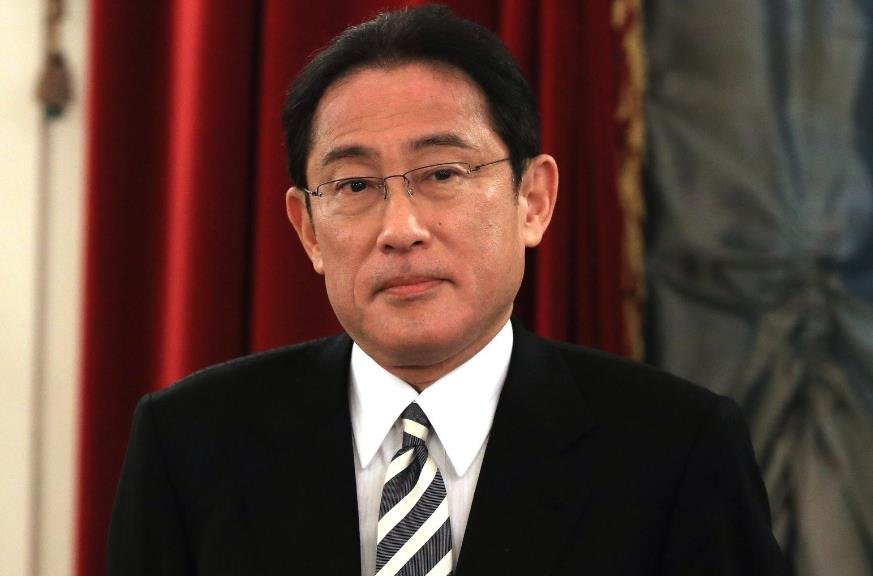Kishida’s comments came amid growing concerns about the impact of the weak yen on Japan’s economy, which has been struggling with deflation, low growth and the fallout of the coronavirus pandemic. The yen has lost more than 10% of its value against the dollar since Kishida took office in October, hitting its lowest level since 2002.
Some analysts have attributed the yen’s slide to Kishida’s pledge to pursue a massive fiscal stimulus package worth 30 trillion yen ($200 billion) to boost the economy and combat the pandemic. Others have pointed to the divergence in monetary policy between the Bank of Japan (BoJ), which has maintained ultra-loose settings, and the Federal Reserve, which is expected to raise interest rates next week for the first time in nearly three years.

Kishida supports BoJ’s dovish stance
Kishida defended the BoJ’s dovish stance, saying that he expected the central bank to guide monetary policy appropriately based on his understanding that the government would take steps to pull Japan permanently out of deflation. He also said that he agreed with the BoJ to pursue policies that would lead to economic growth accompanied by structural wage increases and stable inflation.
“It’s up to the BoJ to decide on specific monetary policy means, but the government and the central bank have always communicated closely in pursuing policies,” Kishida said. “It’s important for the government and the BoJ to continue working closely together,” he added.
Kishida also expressed his willingness to create a society where wage hikes become a norm, saying that he would work with business leaders and labor unions to achieve this goal. He said that he hoped to see wages rise by more than 3% next year, which would be higher than the average increase of 2.4% in 2022.
Kishida faces challenges at home and abroad
Kishida’s remarks came as he faces a number of challenges at home and abroad, including a looming general election, a surge in COVID-19 cases, a diplomatic row with China and a security alliance with the United States.
Kishida is expected to dissolve the lower house of parliament soon and call a snap election, hoping to capitalize on his high approval ratings and secure a strong mandate for his policies. However, he may face a tough battle against opposition parties, which have criticized his stimulus plan as wasteful and ineffective.
Meanwhile, Japan has seen a spike in COVID-19 infections in recent weeks, driven by the omicron variant, which has prompted some prefectures to reimpose restrictions and declare states of emergency. Kishida has vowed to accelerate vaccinations and boost testing capacity, but has also faced criticism for his handling of the health crisis.
On the foreign policy front, Kishida has had to deal with rising tensions with China over issues such as Taiwan, human rights and territorial disputes. He has also reaffirmed Japan’s commitment to strengthening its alliance with the United States, which has been strained by disagreements over trade and defense spending.
